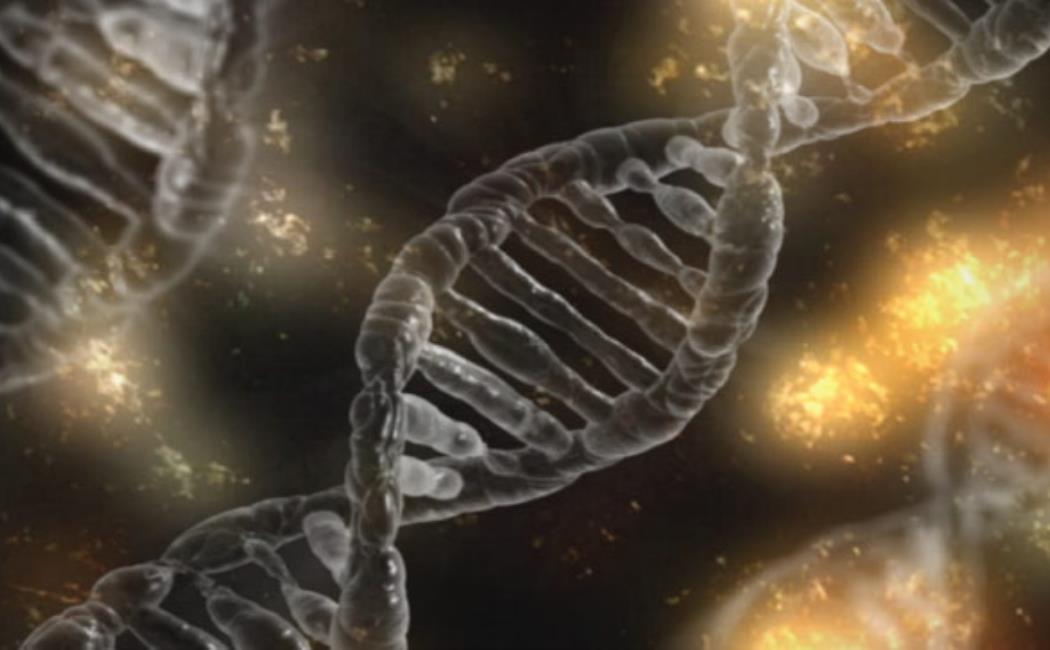
DNA replication in humans proves slow off the mark
14 December, 2022
The basic mechanisms of DNA replication were long thought to be similar across complex species, but a new KAUST study shows this not to be true.
As biochemist and biophysicist Samir Hamdan and his KAUST colleagues report, the way in which one strand of the double helix gets copied is far more complex in humans than it is in baker’s yeast, the laboratory system that defines the textbook understanding of the process.
“Under isolated conditions, the two systems behave rather differently,” says Vlad-Stefan Raducanu, a former graduate student in Hamdan’s lab group.
Previous studies had suggested that other molecular actors might be involved in DNA replication in humans. But after yeast became the go-to experimental model, “many of these additional mechanisms were neglected” Raducanu says.
Click here to read the full story.
Image: A team of KAUST bioscientists has shown how DNA replication in yeast, which is the standard model for studying DNA replication across all species, differs significantly to that of humans. Their study will have implications for more accurate and efficient DNA replication in more complex organisms including humans.
© 2022 madartzgraphics; Pixabay